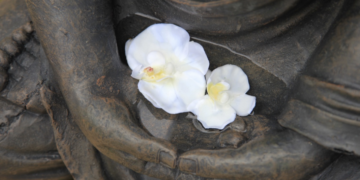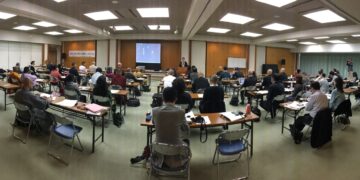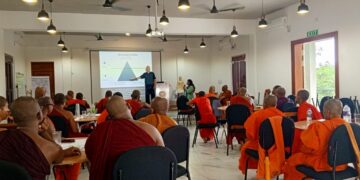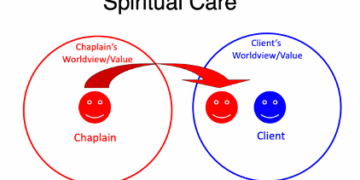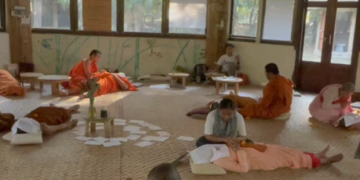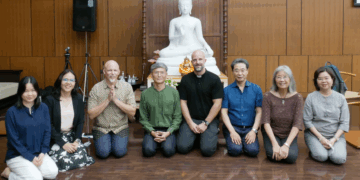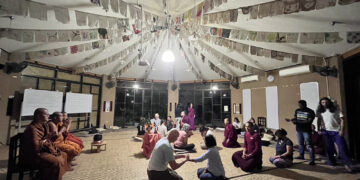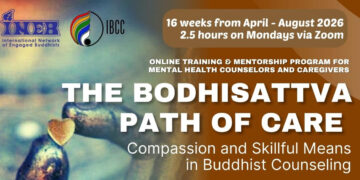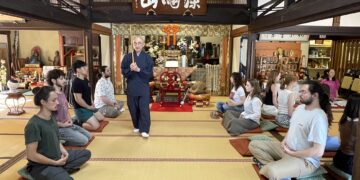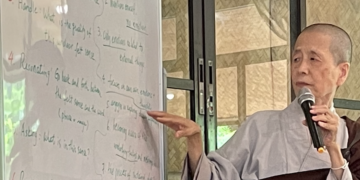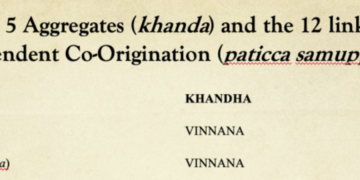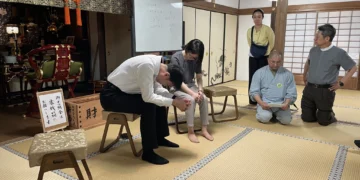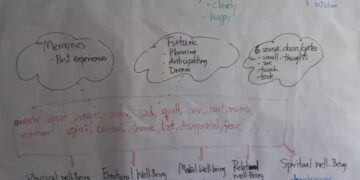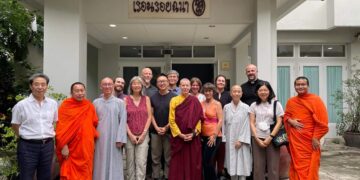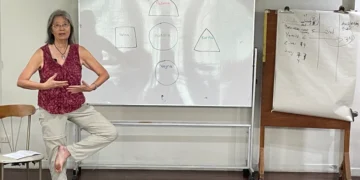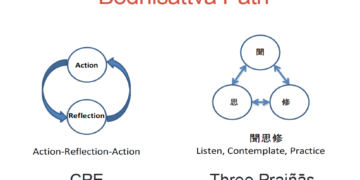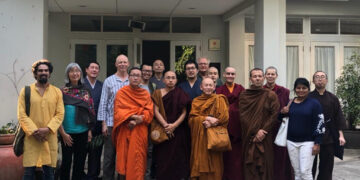Introduction
The Institute for Buddhist Counseling & Chaplaincy (IBCC) is happy to announce the dates for “The Bodhisattva Path of Care: Compassion & Skillful means in Buddhist Counseling.” The 16-week online training and experiential mentorship program integrates Buddhist psychological perspectives, systems-focused western counseling skills, the neurobiology of trauma and reparative relational connection, and mindfulness practice into a therapeutic framework designed to support counselors and other caregivers (mental health advocates, social workers, monastics, chaplains, medical professionals, field workers, nonprofit and volunteer workers, and educators) who work with those experiencing distress and trauma.
Program Overview
Weekly 2.5 hour meeting includes:
- Psycho-educational instruction from teachers, whose talks will be suuported by slides, diagrams, exercises, and PDF’s of handouts.
- Individual and group experiential practice in Buddhist psychological perspectives, counseling skills, mindfulness, case consultation, and practical role plays. There will also be an opportunity for Q&A.
- Community-building to support interactive education and skills practice through dyadic breakout groups, peer groups, a train-the-trainer focus, and intern program for future groups.
Program Dates, Time, & Language
This is an English-speaking online training and mentorship program with space for 24-30 attendees. The 16-week online training and mentorship program will meet weekly via Zoom on Monday evenings at 6:30pm IST and 8:00 pm ICT from March to June 2025, and is available to english-speaking counselors and caregivers based in South and Southeast Asia.
Equivalent time zones:
8:00 -10:30 pm (ICT, Bangkok)
9:00-11:30 pm (MYT, Malaysia)
6:30-9:00 pm (IST, India)
7:00-9:30 am (CST, US Central Time)
Who is Eligible to Participate
The online training and mentorship program is intended and designed for counselors, mental health advocates, social workers, monastics, and chaplains who work with individuals, families, and communities experiencing distress and trauma, and work in counseling centers, communities centers, field work, hospital work, education, and monastic/spiritual communities.
Applicants are not required to be practicing Buddhists but the program will best serve those who perceive the value of integrating foundational Buddhist perspectives with counseling skills and mindfulness practice to support the mental health, resilience, and emotional well-being for the populations they support.
Purpose and Design
The online training and mentorship program is designed to provide caregivers with discernment and skillful means through a therapeutic orientation, assessment tools, counseling skills and tools, contemplative and mindfulness practices, and a self-stewardship training that fosters stabilization and resiliency for both caregivers and those they support.
The program is designed to provide appropriate training and mentorship for: mental health workers (counselors, social workers) and spiritual care providers (chaplains, monastics) to understand and incorporate the Buddhist perspective of mind, feeling, embodiment and awareness applied to counseling skills and contemplative practices that will help clients relate to and effectively manage their distress and trauma.
The Benefit Offered
This integrated therapeutic framework brings together the rich offerings of eastern and western perspectives: ancient eastern wisdom perspectives and practices, integrated with contemporary western neuroscience, and systems awareness and practices. The intention is to support the highest aspiration of humanity: to loosen the grip of suffering so we can appreciate and enjoy this precious human birth, and practice loving kindness to ourselves and those who suffer. The intention of the program is to be of benefit to caregivers and those they serve. May all be well!
What is Not Included in the Program
The Bodhisattva Path of Care program references foundational Buddhist teachings as they apply to context, causes, and conditions of human psycho-emotional distress and suffering, and as they offer insight into effective ways to relate to and minimize human suffering and develop resiliency. Instructors will not be teaching the dharma to encourage students to become Buddhist practitioners, therefore students will not be taking Refuge or studying the dharma as a spiritual path of practice. As such, the program does not include focus on devotion, faith, or enlightenment.
Program Format
The 2.5 hour training sessions will consist of an opening and closing reflection and include instruction in the foundations of Buddhist psychology applied to mental health; counseling skills; case consultation; role play; a variety of experiential practices; an evidence-based self stewardship training; a train-the-trainer component, participant peer community-building, Q&A, and a midpoint bio-break.
Between weekly class meetings, students meet in Peer Circle (one hour) for discussion and submit a brief written summary of their meeting. Each student will be assigned to a mentor (one of the three instructors) for support and questions.
Expectation and Guidelines
In order to benefit from the program and support fellow participants, students are expected to attend each class and engage with the material.
To benefit from the program, those registered should be able to attend each meeting, have reliable access to WiFi, fully engage with the material, participate in class exercises, and attend their weekly peer circle meeting. There are 3.5 hrs/week of meeting time (class and peer circle), and 3.5 hrs/week for personal review, study, and assignments.
Materials
Instructors will provide a Course Manual (PDF) of supportive reference materials for student to use and consult throughout the program. Materials in the “Course Manual” are included to support those enrolled in the program in their work as caregivers.
Certificate of Course Completion
Registered students who meet course requirements and complete the training will receive a “Certificate of Completion” from INEB’s (International Network of Engaged Buddhism) Institute of Buddhist Counseling & Chaplaincy (IBCC).

